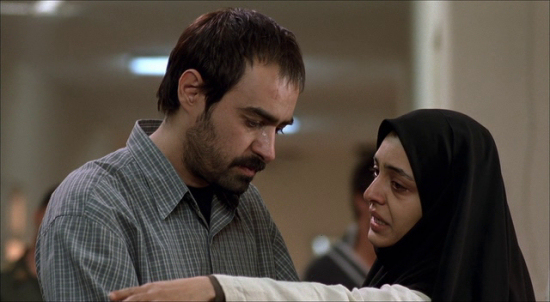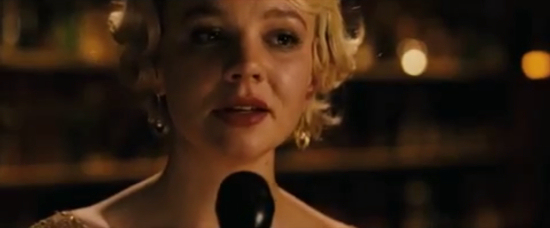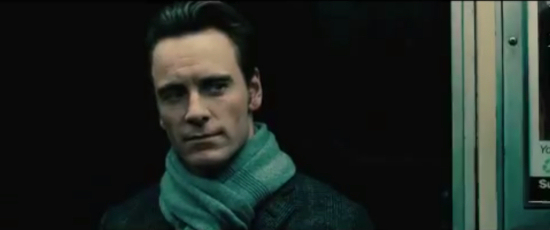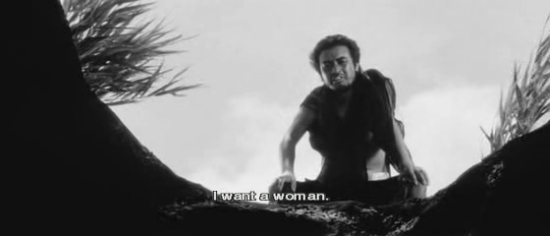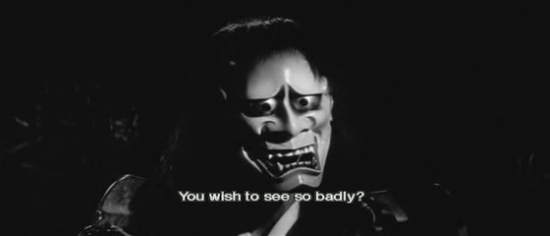It's been a year of Fassbending, mature children, and brilliant Danish directors;

21. Pirates of the Caribbean: On Stranger Tides (Wikipedia entry, my review)
No amount of liquor could dilute the massive injection of emptiness. Yes, the experience is that bleak.

20. Captain America: The First Avenger (Wikipedia entry, my review)
Possibly a movie written by someone with a good, carefree heart. Likely written by someone who doesn't see anything wrong with Hallmark greeting cards.

19. Hanna (Wikipedia entry, my review)
There's a sweetness and some sometimes effective fairy tale quality to this movie, but mostly it falls apart due to glaring improbabilities and weak characterisation.

18. X-Men: First Class (Wikipedia entry, my review)
A great Fassbender Magneto and his decent action scenes make up too small a part of this movie.

17. The Tree of Life (Wikipedia entry, my review)
The more I think about this movie the less I like it. Malick's Grace/Nature dichotomy is the sort of complex that makes priests into child molesters. The perfect mother portrayed in this movie helps no-one, least of all mothers. It does have beautiful imagery.
16. Nyan Cat

15. Sleeping Beauty (Wikipedia entry, my review)
This movie probably would've fallen below the Nyan Cat mark if I wasn't a heterosexual male. But Emily Browning just looks too good naked.
14. Cowboys and Aliens (Wikipedia entry, my review)
Weak action sequences and poor alien designs are barely overcome by the film's leads and a nice western atmosphere.

13. Thor (Wikipedia entry, my review)
A nice, kiddy version of King Lear.

12. We Need to Talk About Kevin (Wikipedia entry, my review)
This dark comedy has fooled a lot of critics into thinking it's a drama or thriller.

11. Hugo (Wikipedia entry, my review)
Lovely visuals and a nice statement about living for one's dreams.

10. Your Highness (Wikipedia entry, my review)
I may be the only person in the world who liked this movie, but I highly recommend it to D&D players.
9. Source Code (Wikipedia entry, my review)
A tight, satisfying little Sci-Fi film, it's like a good episode of Star Trek.

8. Shame (Wikipedia entry, my review)
Absolutely brilliant, uncompromising performances by Michael Fassbender and Carey Mulligan.
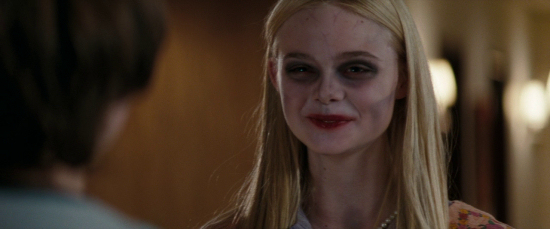
7. Super 8 (Wikipedia entry, my review)
Super 8 is at super number 7! Heh. *cough* In a year of movies obsessed with taking kids seriously, this is the one that did it best.
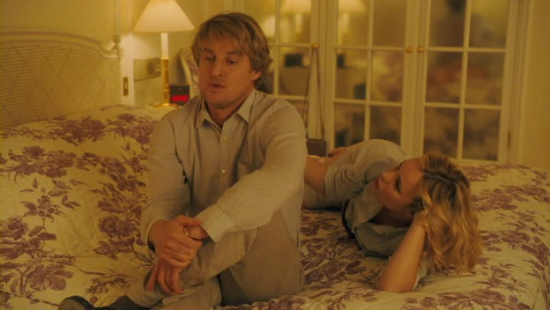
6. Midnight in Paris (Wikipedia entry, my review)
This one's like a good episode of Doctor Who.
5. Bridesmaids (Wikipedia entry, my review)
A sure-footed, clever, gross out chick flick.

4. A Separation (Wikipedia entry, my review)
A brilliant exhibition of human behaviour.

3. A Dangerous Method (Wikipedia entry, my review)
Aragorn plays Xavier to Carl Jung's Magneto in this more cerebral version of First Class. But seriously, of all the Fassbender movies this year, this was my favourite. And it made me like Keira Knightley.

2. Melancholia (Wikipedia entry, my review)
A wonderful, premium mudbath. Gorgeous imagery evoking despair and the strange grace that can go along with it.

1. Drive (Wikipedia entry, my review)
My number 1 was a tough choice between these two Danish filmmakers, but at the end of the day I have to give it to Drive for its great complexity told with heart cutting simplicity. If you google "Top ten movies of 2011" this movie's number 1 on an astonishing number and variety of lists. I really think it's going to be remembered as one of the great noirs. And this gives me an opportunity to say something I didn't say in my original review--I thought about it later and I realised the reason Albert Brooks' mobster villain is so effective isn't that he's ruthless. It's that he gets you to agree with him. He at first wants to let the Driver go in the face of Ron Perlman's rage. Everyone he kills, Brooks' character explains why it's necessary so reasonably. And it compliments perfectly the Driver's awareness of his own demons.
Twitter Sonnet #339
Raging tea burns through the new plastic spoon.
Misplaced April swirls in hidden yoghurt.
Unclaimed pixie sticks spill out a large dune.
Ernie is at last quite tender to Bert.
Linen baths reveal staring fibre shine.
Broken rungs burn with step information.
Just square heads fit in the rectangle mine.
Observed dates buttress Christ's penetration.
Purple fossil tinsel vibrates the Earth.
Generals shout at the ancient city.
Atoms ricochet off of Colin Firth.
Pigeons regard red carpets sans pity.
Hard subjectivity's to-day's special.
Inconsequential paper's essential.
In his blog to-day, Neil Gaiman has a New Year's Wish I rather liked;
I hope that in this year to come, you make mistakes.
Because if you are making mistakes, then you are making new things, trying new things, learning, living, pushing yourself, changing yourself, changing your world. You're doing things you've never done before, and more importantly, you're Doing Something.
So that's my wish for you, and all of us, and my wish for myself. Make New Mistakes. Make glorious, amazing mistakes. Make mistakes nobody's ever made before. Don't freeze, don't stop, don't worry that it isn't good enough, or it isn't perfect, whatever it is: art, or love, or work or family or life.
Whatever it is you're scared of doing, Do it.
Make your mistakes, next year and forever.
It reminded me of how yesterday I was looking at the craft shop like mad for cheap newsprint. I finally found it. Because every artist needs paper he or she doesn't mind screwing up.



















